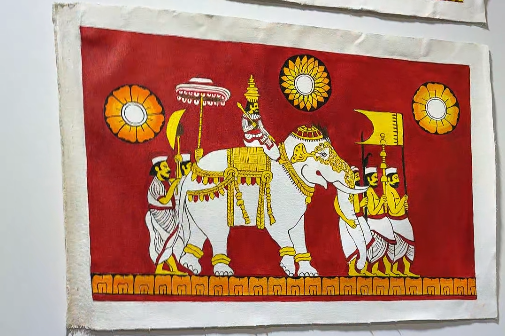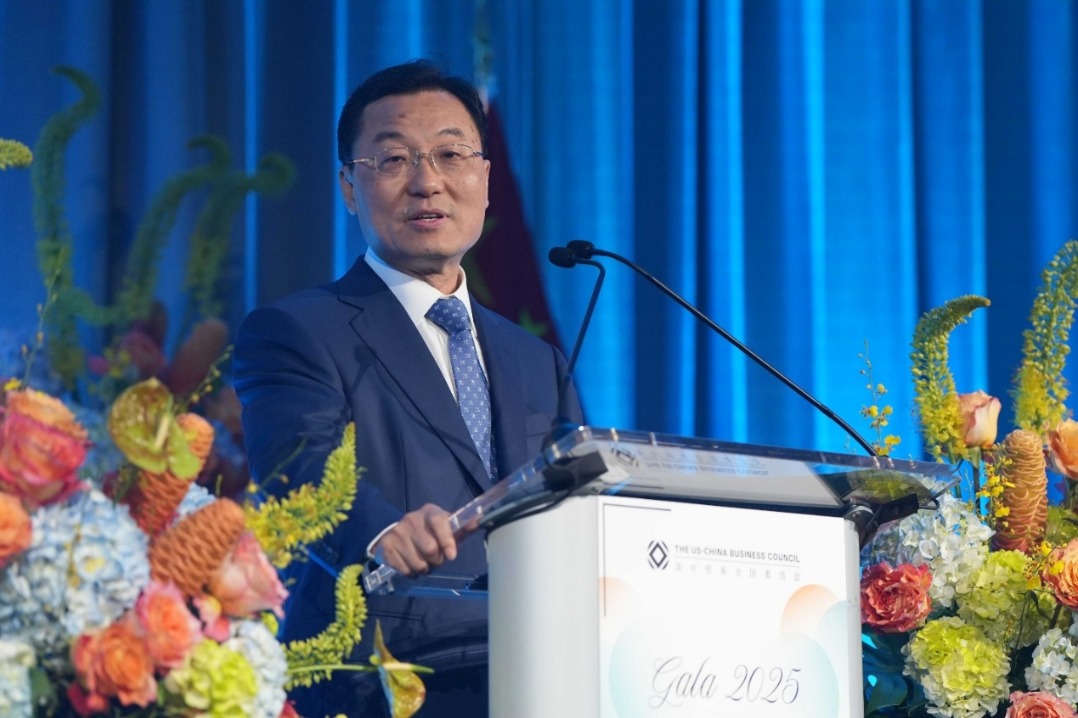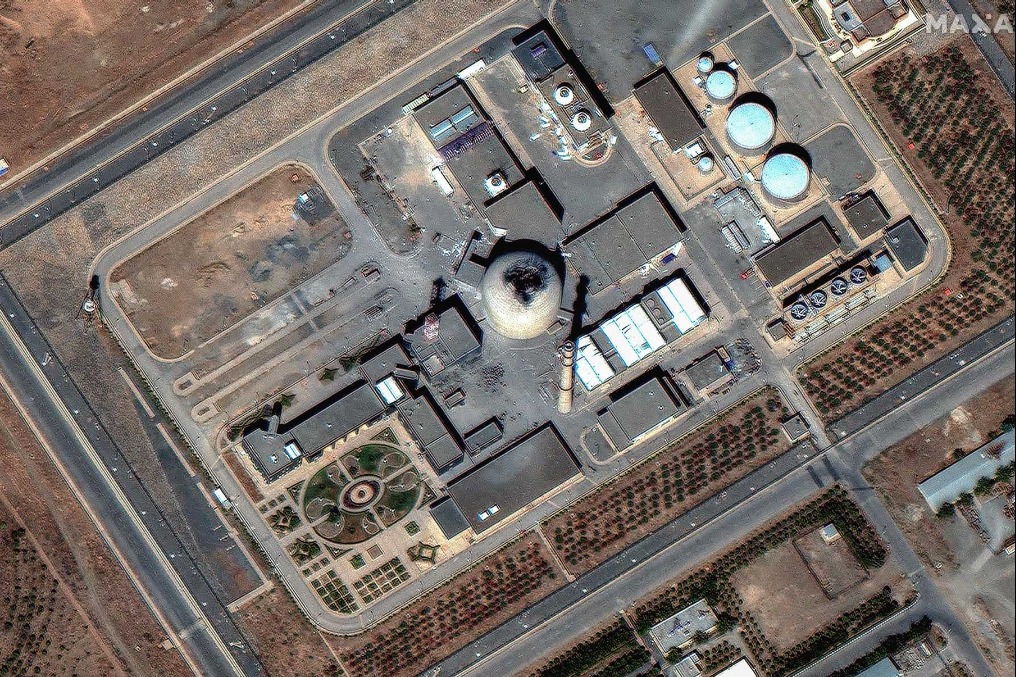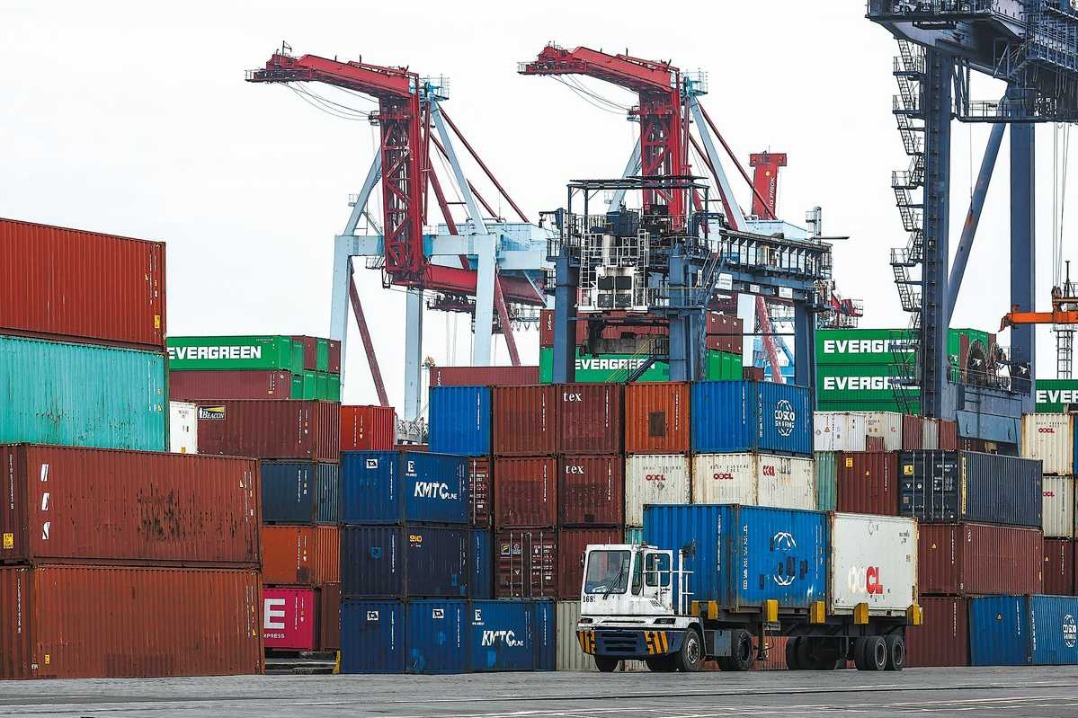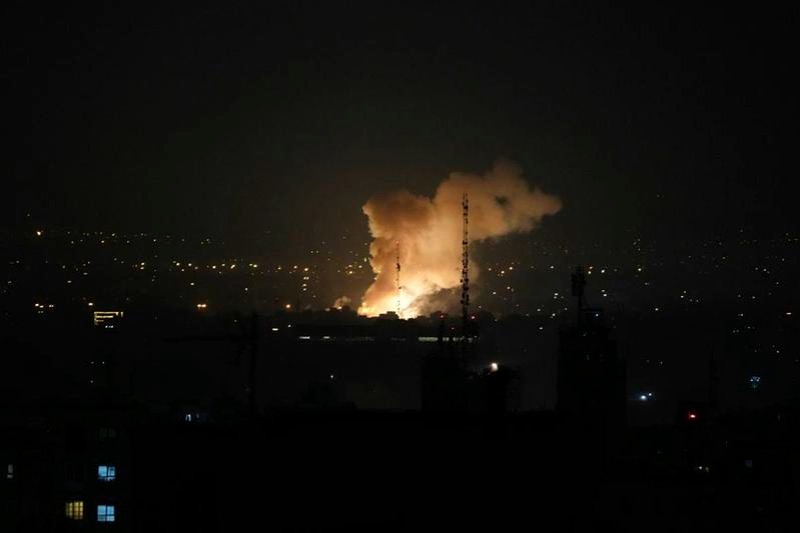Cooperation key to overcoming global food crisis


The Russia-Ukraine conflict, unilateralism, economic sanctions imposed by the West, including the United States, and the ongoing COVID-19 pandemic have created further downward pressure on the global economy.
While visiting Senegal on May 1, United Nations Secretary-General Antonio Guterres warned that the conflict in Ukraine is exacerbating a "triple food, energy and financial crisis" across Africa.
Russia and Ukraine are both important exporters of agricultural products to the European and global markets. The conflict in Ukraine is driving up global food and fuel prices, pushing the world to the brink of the worst food crisis since the 2007-08 global food crisis.
Over the past three years, the combination of regional conflicts and the COVID-19 pandemic have had an impact on the socioeconomic situation in many countries. Climate change-induced extreme weather events have also been wreaking havoc on their agricultural production.
In Africa, for example, food prices have increased by a third since last year. The Food Price Index of the United Nations Food and Agriculture Organization has been hitting new highs and currently stands at over 140.7 points-higher than the previous record in 2011.
Some European countries are no exception, with consumer price index growth of around 18 to 20 percent.
The UN estimates that a quarter of 1 billion people could be pushed into extreme poverty this year. If not properly dealt with, this might have the consequence of setting back decades of gains made by many countries in eradicating poverty and hunger. Thus, it's become more urgent than ever for the international community to stand in solidarity and pay much attention to the spillover effect of the ongoing Russia-Ukraine conflict, especially by taking precautions to address the global food crisis and prevent it from getting out of control.
The UN has provided food and assistance to 97 million people in 88 countries, and the number of Ukrainian refugees is constantly increasing. The international community, and especially news media and social organizations, have a moral obligation to focus on the brewing food crisis, and have the responsibility to use a strong, unified voice to call for investing all required attention, materials and financial resources to prevent the global food crisis from worsening.
The escalating conflict in Ukraine is to a great part caused by continuous provocation by some hegemonic forces in the West. The United States, the United Kingdom and some European Union member states have been beefing up military support for Ukraine. Mexican President Andres Manuel Lopez Obrador recently criticized the US for being quick to send billions to Ukraine, while dragging their feet on development aid to Central America.
Some Western countries are reluctant to honor their long-standing commitment to spending 0.7 percent of their gross national income on official development assistance, which helps promote agricultural production in developing nations, especially in Africa and the Middle East, to ensure food security. In particular, it helps mitigate the severe impacts of industrial chain and food supply chain interruptions caused by epidemics and wars on disadvantaged groups and small farmers, so as to prevent further deterioration of crises.
Right now, we don't have better options other than supporting poor people mired in disasters.
All responsible governments should take concrete actions to genuinely support the UN secretary-general's call to reintegrate the food and fertilizer production of Russia and Belarus in world markets to ensure summer grain production and to prevent the food crisis from continuing or escalating.
History has told us repeatedly that sanctions could never achieve the desired effect, but will only cause severe difficulties for people's livelihoods, especially underprivileged people at the bottom of society who struggle for food and clothes. We must give back to farmers the production capacity and the right to survival, which is the most important and most easily overlooked dimension of human rights.
China has always attached top priority to agriculture and food security in its governance of the world's major developing nation. Running its own things well will determine whether China will continue to serve as a major driver of global economic growth and a constant booster for global economic development.
China's 1.4 billion people consume a total of roughly 700,000 metric tons of grain, 98,000 tons of edible oils, 1.92 million tons of vegetables and 230,000 tons of meat each day. One can imagine the challenge in meeting such a huge consumption demand. China needs to speed up agricultural modernization, apply biotechnology, information technology and digital technology, make major breakthroughs in core technologies in key areas such as the seed industry, and strive for the sustainable transformation of agrifood systems. This is China's biggest contribution to global food security.
As the world's largest importer of agricultural products, China should factor in its national food security as part of the bigger framework of global food security. Only by achieving global food security can China maintain its own food security.
To this end, China should unswervingly support the UN-centered global governance system. It should also continue to take concrete actions-especially by strengthening South-South cooperation-to support the Food and Agriculture Organization's initiatives on strengthening global food security, including the "Vision for the Future: Transition to Digital Agriculture".
In the face of changes unseen in a century, China must maintain the strategic focus on its agricultural sector, uphold a food security policy of ensuring basic self-sufficiency of grain and absolute security of staple food, and continue to implement agricultural policies and measures that have proved effective.
Moreover, China should intensify cooperation with other developing nations through the Belt and Road Initiative to share its experience and practices in ensuring food security and make concerted efforts to address new challenges arising from the current food crisis.
The author is a visiting professor at Peking University and former deputy director-general of the Food and Agriculture Organization of the United Nations.
















